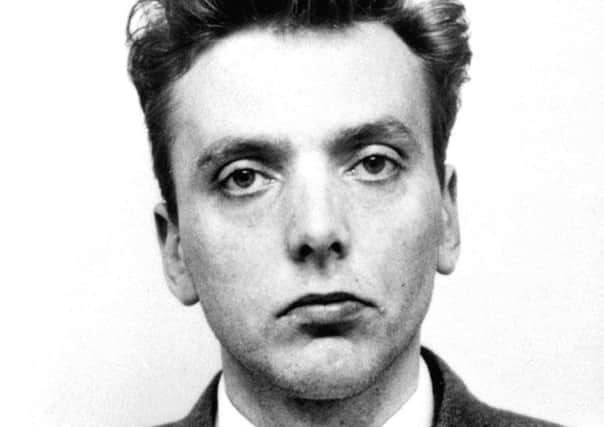Moors murderer Ian Brady loses battle to choose own lawyer


Brady applied for the go-ahead to challenge a bar on solicitor-advocate Robin Makin, who has represented him for more than 25 years, receiving a publicly funded contract to put his latest case before the Mental Health Review Tribunal (MHRT).
Mr Justice Morris, sitting in London, dismissed the application as “unarguable” and ruled that it had “no realistic prospect of success”.
Advertisement
Hide AdAdvertisement
Hide AdThe Glasgow-born serial killer, 79, who now uses the name Ian Stewart-Brady, is a patient at Ashworth Hospital on Merseyside.
Brady and Myra Hindley, who died in prison in 2002, tortured and murdered five children in the 1960s.
Brady was jailed for three murders in 1966 and has been at Ashworth since 1985. He and Hindley later confessed to another two murders.
He last went before the MHRT in 2013 and asked for a move to a Scottish prison so he cannot be force-fed - as he can in hospital - and where he could be allowed to die if he wishes. His request was rejected after Ashworth medical experts said he had chronic mental illness and needed continued care in hospital.
A further review was due in September last year, but Brady refused to take part without Mr Makin.
Mr Makin is currently barred from acting as Brady’s publicly funded legal representative because his solicitors’ firm, E Rex Makin & Co, is not a member of the Law Society’s mental health panel.
Under legal aid rules, only members are entitled to a publicly-funded contract in the mental health law category.
Brady’s legal team argued before Mr Justice Morris that the Lord Chancellor, Liz Truss, has power to intervene and protect his human rights and ensure he is represented by the lawyer of his choice.
Advertisement
Hide AdAdvertisement
Hide AdHis barrister Philip Engelman argued Ms Truss had unlawfully fettered her discretion by failing to act in what the tribunal itself had described as a “totally unique” case.
But yesterday Mr Justice Morris ruled all grounds of challenge “unfounded and unarguable”.
The judge said nothing in the European Convention on Human Rights or in case law “supports the proposition that in civil proceedings, in particular proceedings related to detention on the grounds of mental health, there is a right to publicly funded representation for a lawyer of choice.”
The judge agreed with lawyers for the Lord Chancellor who had argued it would not be a “lawful and proper use of her power” for her to intervene.